Wastewaters are considered a remarkable source of micropollutants capable of influencing the environment both directly and indirectly. Here we tested porous ecological carbon (Biochar), an effective sorbent material for removing pharmaceuticals, drugs, and their metabolites found in wastewaters. The tested Biochar type was first characterised and used for adsorption experiments of selected micropollutants from a municipal WWTP (wastewater treatment plant) effluent sample. The sorption efficiency was studied on selected pharmaceuticals due to their common presence in aquatic ecosystems. The results show that the studied Biochar type removed the pharmaceuticals with high efficiency (above 90%), so this material can potentially be applied in wastewater treatment. We achieved greater than 99% efficiency in total RNA removal from wastewater. Wastewater might contain infectious RNA fragments of the SARS-CoV-2 virus. However, Biochar can be used as a sorbent in wastewater treatment to remove antibiotic resistance genes. We have also observed a total DNA removal ability of Biochar. On the other hand, the total number and antibiotic-resistant coliform bacteria and enterococci were not changed after Biochar wastewater treatment.
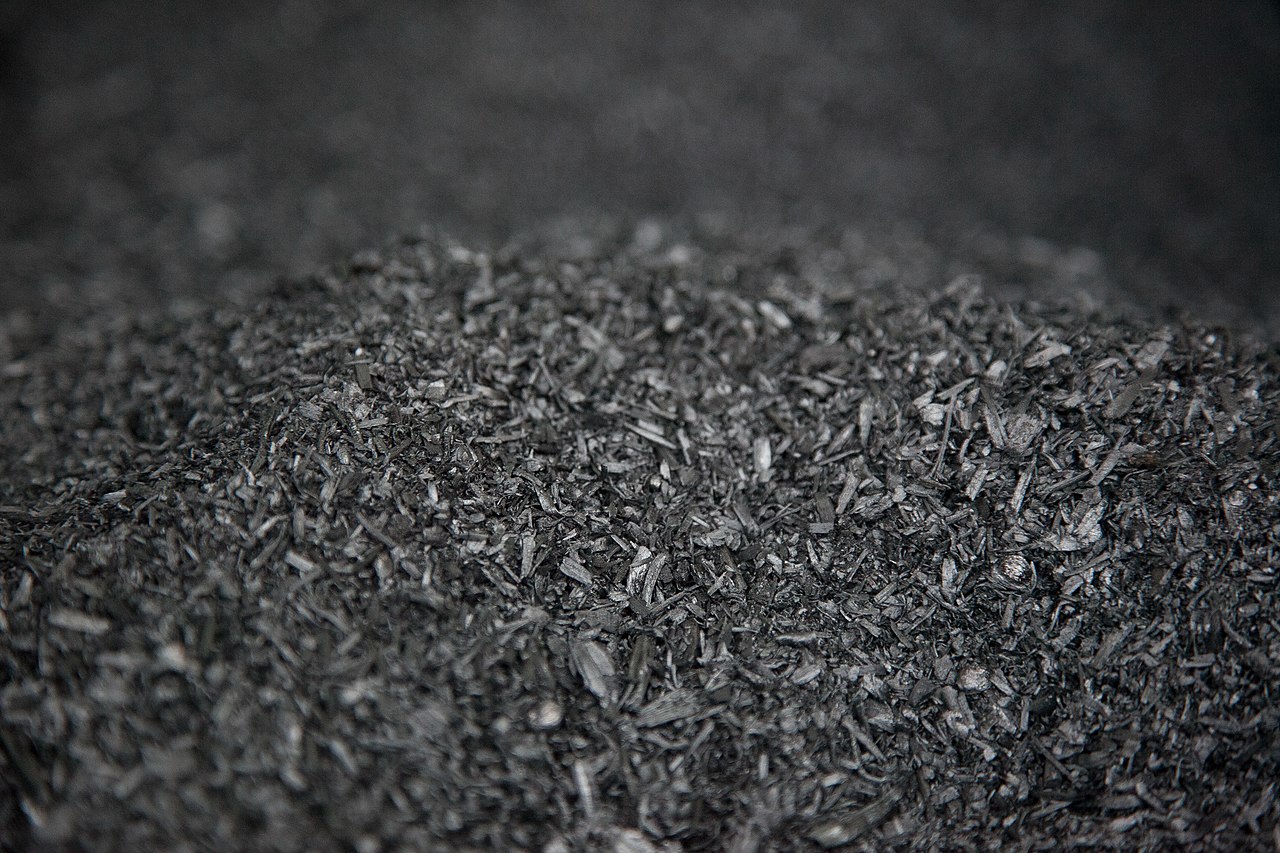
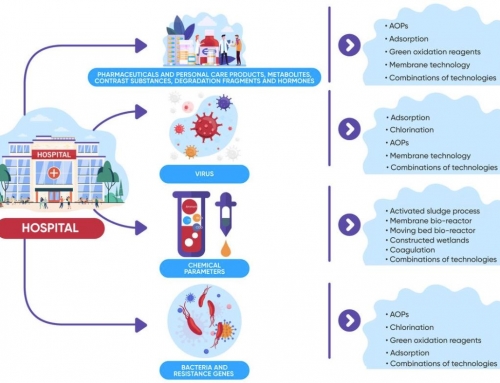
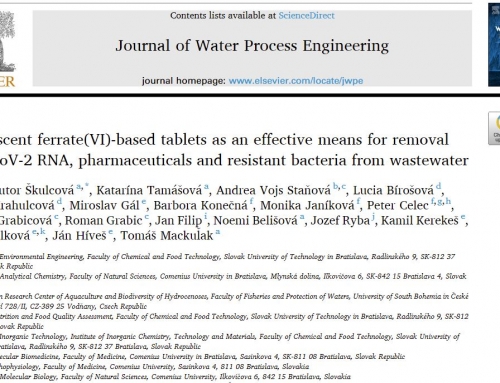
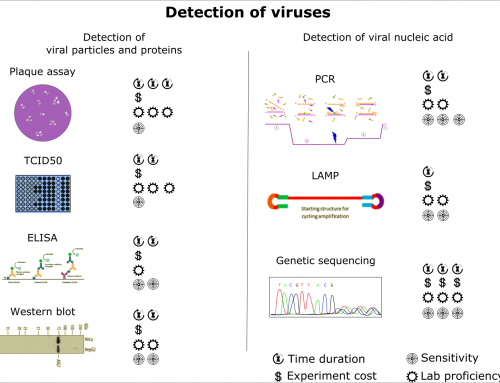
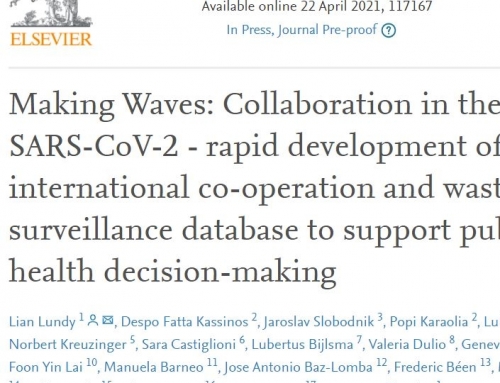
Leave A Comment